NEWS
Beware: These 12 Popular Foods Could Wreck Your Cholesterol Levels
Published
1 year agoon
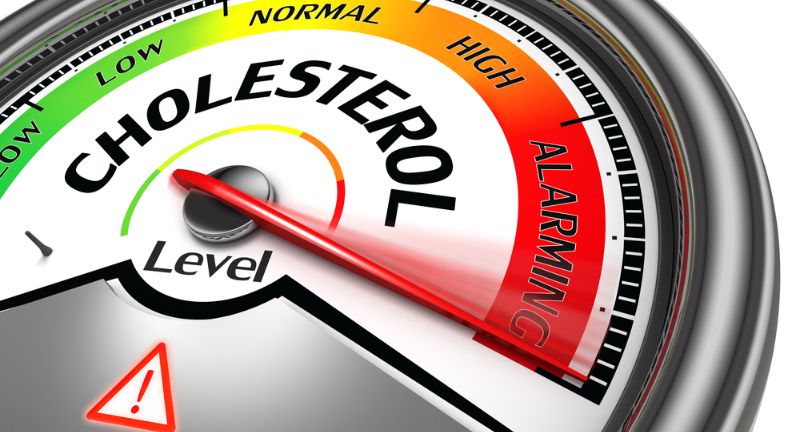
Shutterstock
Discover the hidden dangers lurking in your favorite foods! From the juicy burgers at your weekend barbecue to the creamy ice cream desserts that cool you down on a hot summer day, some everyday foods might be silently sabotaging your health by skyrocketing your cholesterol levels.
Uncover the top 12 worst foods for your cholesterol and learn why these tasty temptations could be your heart’s greatest foes.
Red Meat (Beef, Pork, Lamb)
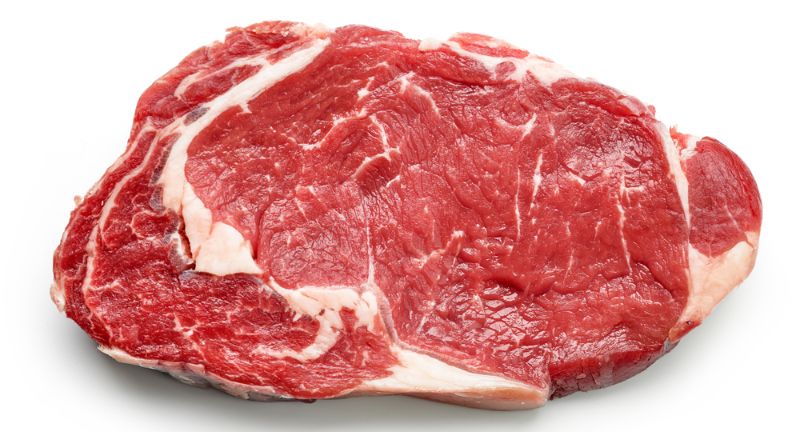
Shutterstock
Red meat is high in saturated fats, which can raise your LDL (low-density lipoprotein) or “bad” cholesterol levels. Consuming high amounts of saturated fats is linked to an increased risk of heart disease and stroke. The American Heart Association recommends limiting red meat intake and opting for leaner cuts when you do eat red meat. Additionally, processing red meats, like bacon and sausage, introduces even more harmful fats and preservatives into your diet.
Butter
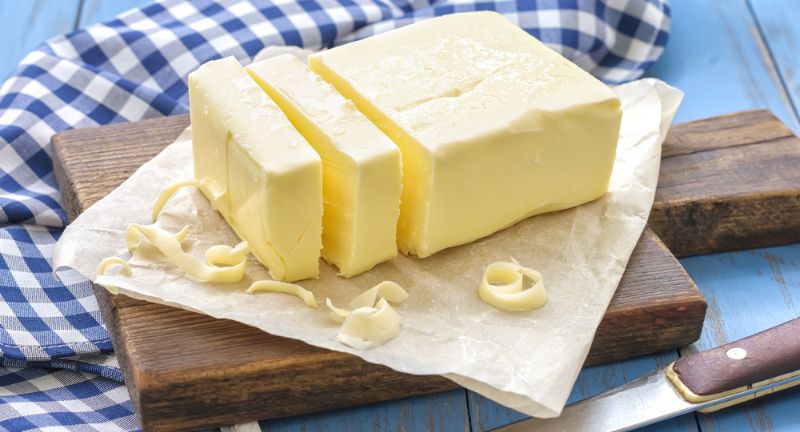
Shutterstock
Butter is a dairy product rich in saturated fats, contributing to higher levels of bad cholesterol in the body. Regular consumption of butter can significantly increase the risk of developing cardiovascular diseases. Alternatives like olive oil or avocado oil offer healthier fats that can help manage cholesterol levels. It’s important to use butter sparingly and consider plant-based options for everyday cooking and baking.
Fried Foods
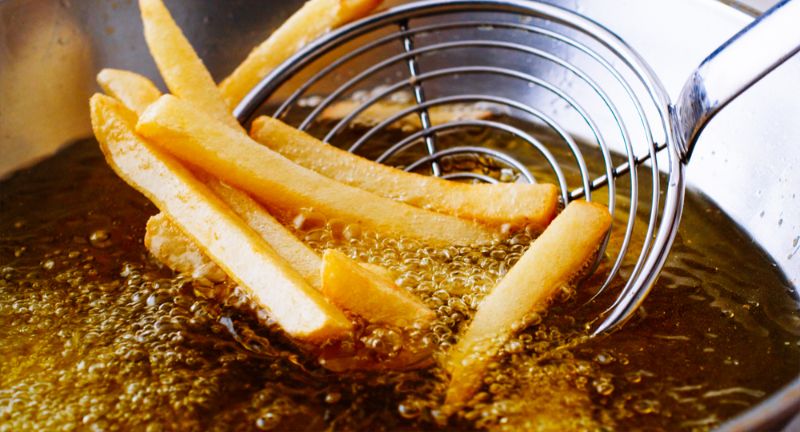
Shutterstock
Fried foods, including french fries, fried chicken, and doughnuts, are often cooked in oil at high temperatures. This process can create trans fats, which are known to raise LDL cholesterol and lower HDL (high-density lipoprotein) or “good” cholesterol, worsening your cholesterol profile. Consuming fried foods regularly can lead to obesity, type 2 diabetes, and heart disease. It’s healthier to choose baked or grilled versions of your favorite fried foods.
Processed Meats

Shutterstock
Processed meats, such as hot dogs, sausages, and deli meats, are loaded with saturated fats and sodium. These foods can elevate your risk of high cholesterol, high blood pressure, and heart disease. They often contain preservatives like nitrates that may have additional health risks when consumed in large amounts. Choosing fresh, lean meats over processed options can help maintain a healthier cholesterol level.
Baked Goods
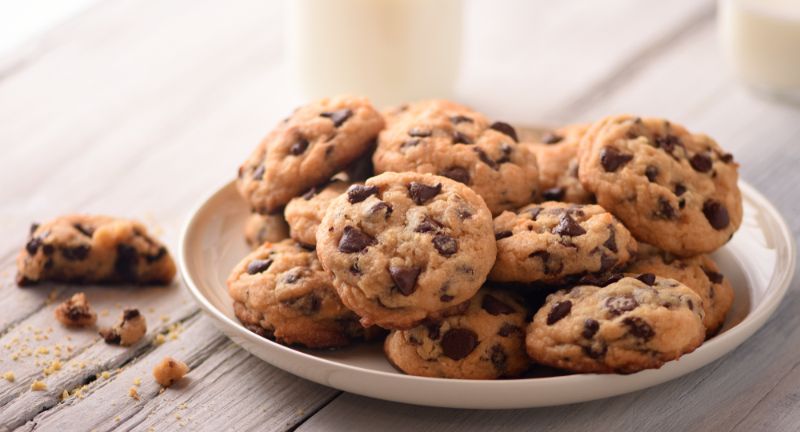
Shutterstock
Many commercially baked goods, like pastries, cookies, and cakes, are made with trans fats, such as partially hydrogenated oils, to extend their shelf life. These trans fats are harmful because they increase LDL cholesterol and decrease HDL cholesterol. They also contribute to inflammation, which is linked to heart disease, stroke, and other health issues. Opt for homemade baked goods where you can control the ingredients, using healthier fats like unsaturated oils.
Whole-Fat Dairy Products
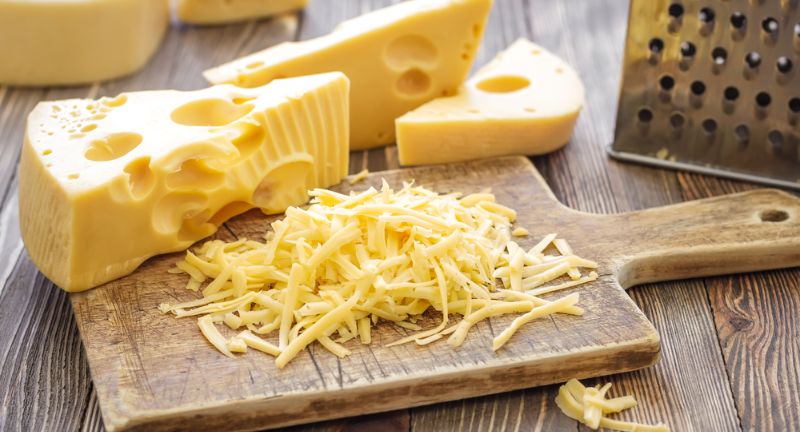
Shutterstock
Whole-fat dairy products, including cheese, milk, and cream, are high in saturated fats. Consuming these products in excess can lead to an increase in LDL cholesterol and a higher risk of cardiovascular disease. It’s advisable to switch to low-fat or fat-free dairy options to reduce your intake of saturated fats. These alternatives provide the same essential nutrients without the added risk to your cholesterol levels.
Pizza
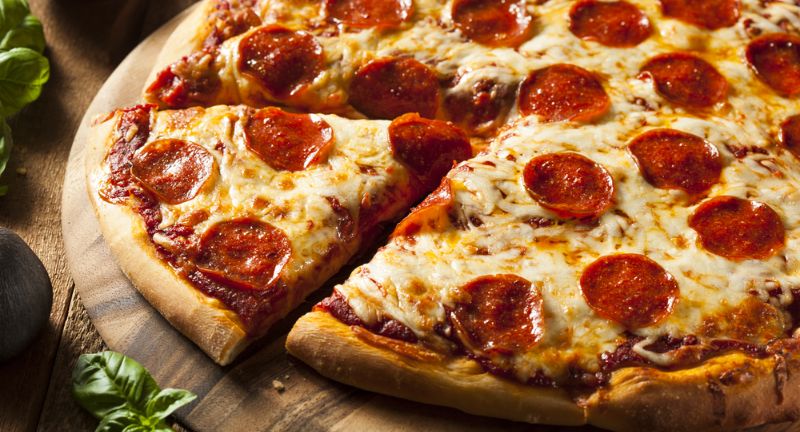
Shutterstock
Pizza, especially commercial varieties, can be a significant source of saturated fats and sodium, largely due to its cheese and processed meat toppings. The combination of a refined flour crust, high-fat cheese, and cured meats makes it a food that can negatively impact cholesterol levels and heart health if consumed frequently. Opting for a homemade pizza with a whole grain crust, plenty of vegetables, and reduced-fat cheese can make it a healthier choice. Moderation is key, as with all high-fat and high-sodium foods.
Egg Yolks

Shutterstock
Egg yolks are high in cholesterol, and while dietary cholesterol’s impact on blood cholesterol levels is complex, excessive consumption can lead to an increase in LDL cholesterol in some people. They are nutritious but should be eaten in moderation, especially for individuals with existing high cholesterol or heart disease. Incorporating more egg whites than yolks in your diet can help reduce cholesterol intake. It’s also beneficial to balance your diet with plenty of vegetables, fruits, and whole grains.
Coconut Oil
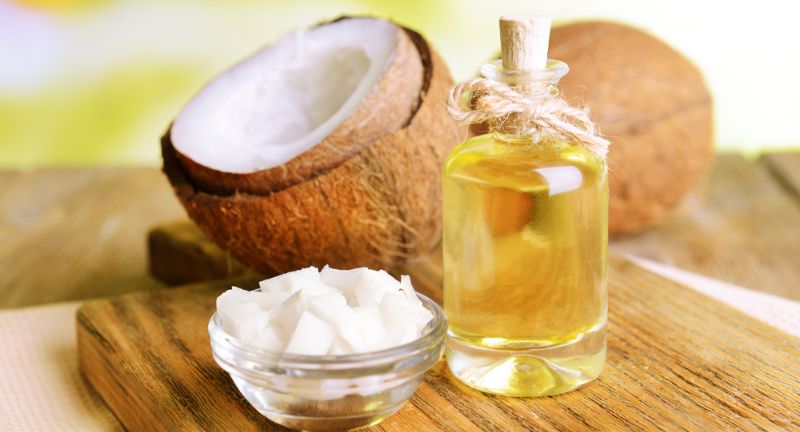
Despite its popularity in health food circles, coconut oil is high in saturated fats, which can raise LDL cholesterol levels. Some studies suggest that coconut oil may have a less harmful effect on cholesterol profiles compared to other saturated fats, but moderation is still advised. It’s better to use oils high in unsaturated fats, like olive oil, for most cooking needs. The American Heart Association recommends limiting the use of coconut oil in your diet.
Potato Chips and Crackers

Shutterstock
These snack foods are not only high in calories and sodium but often contain trans fats, especially if they are made with partially hydrogenated oils. Consuming these snacks regularly can contribute to higher LDL cholesterol and a greater risk of heart disease. They also offer little nutritional value and can lead to weight gain. Choosing whole-grain or baked snacks and keeping an eye on the nutrition labels for trans fat content can help maintain healthy cholesterol levels.
Ice Cream

Shutterstock
Ice cream is high in sugar and saturated fats, which can contribute to increased LDL cholesterol and a higher risk of heart disease if consumed frequently and in large quantities. It is also calorie-dense, contributing to weight gain, which is another risk factor for high cholesterol. Enjoying ice cream in moderation or choosing lower-fat or dairy-free alternatives can help manage cholesterol levels. There are many healthier dessert options available that can satisfy sweet cravings without negatively impacting your cholesterol.
Fast Food
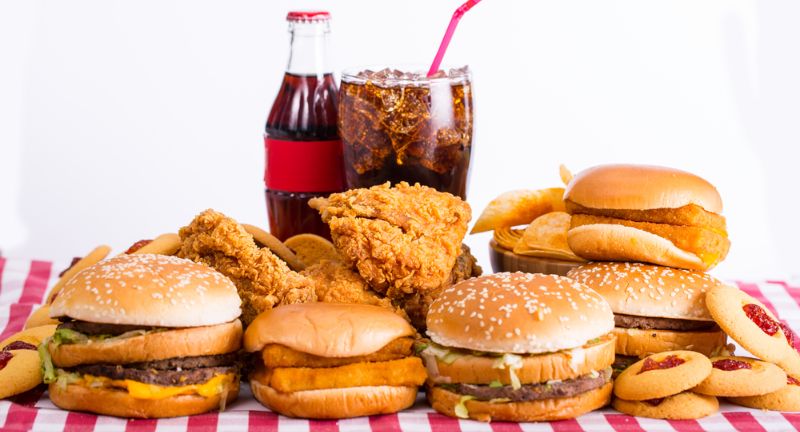
Shutterstock
Fast food is notorious for its high content of saturated fats, trans fats, and sodium, all of which can negatively impact cholesterol levels and overall heart health. Regular consumption of fast food can lead to increased risk of obesity, high cholesterol, high blood pressure, and diabetes. Many fast food options are also low in nutrients and high in calories. Opting for healthier, home-cooked meals can significantly reduce the intake of unhealthy fats and improve your cholesterol profile.
Conclusion
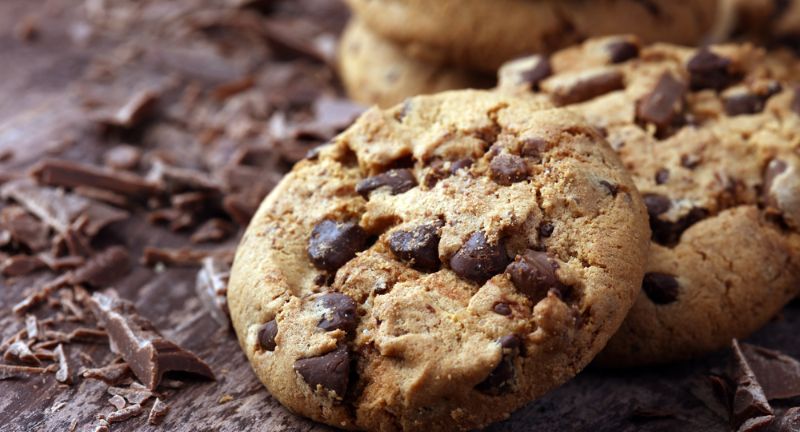
Shutterstock
Navigating the maze of dietary choices can be daunting, but understanding which foods to avoid or consume in moderation is crucial for maintaining a healthy cholesterol level and protecting your heart health. By making informed decisions and swapping out these cholesterol culprits for healthier alternatives, you can enjoy a diverse and delicious diet without compromising your wellbeing.
Remember, a heart-healthy lifestyle doesn’t mean sacrificing flavor; it’s about making smart choices that benefit both your palate and your health.
Related Topics:

More From Lifestylogy
-


23 Foods You Should Never Put In A Slow Cooker
-


23 Cars So Reliable Drivers Keep Them for Over A…
-


25 Things In Your Home That Guests Might Secretly Judge
-


23 Crucial Items Often Overlooked In Wills—Don’t Miss These
-
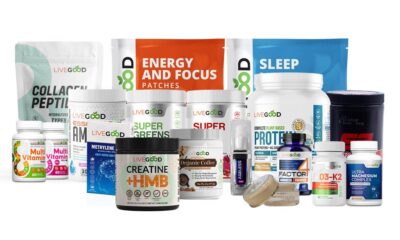

LiveGood’s Membership Model Keeps High-Quality Vitamins And Supplements Affordable
-


26 Dirtiest Jobs In The World, Would You Brave One…
-


21 Mistakes to Avoid Immediately After Botox
-


21 Phrases Child Psychologists Wish Parents & Grandparents Would Stop…
-


21 Warning Signs Your Teen May Be Struggling with Their…